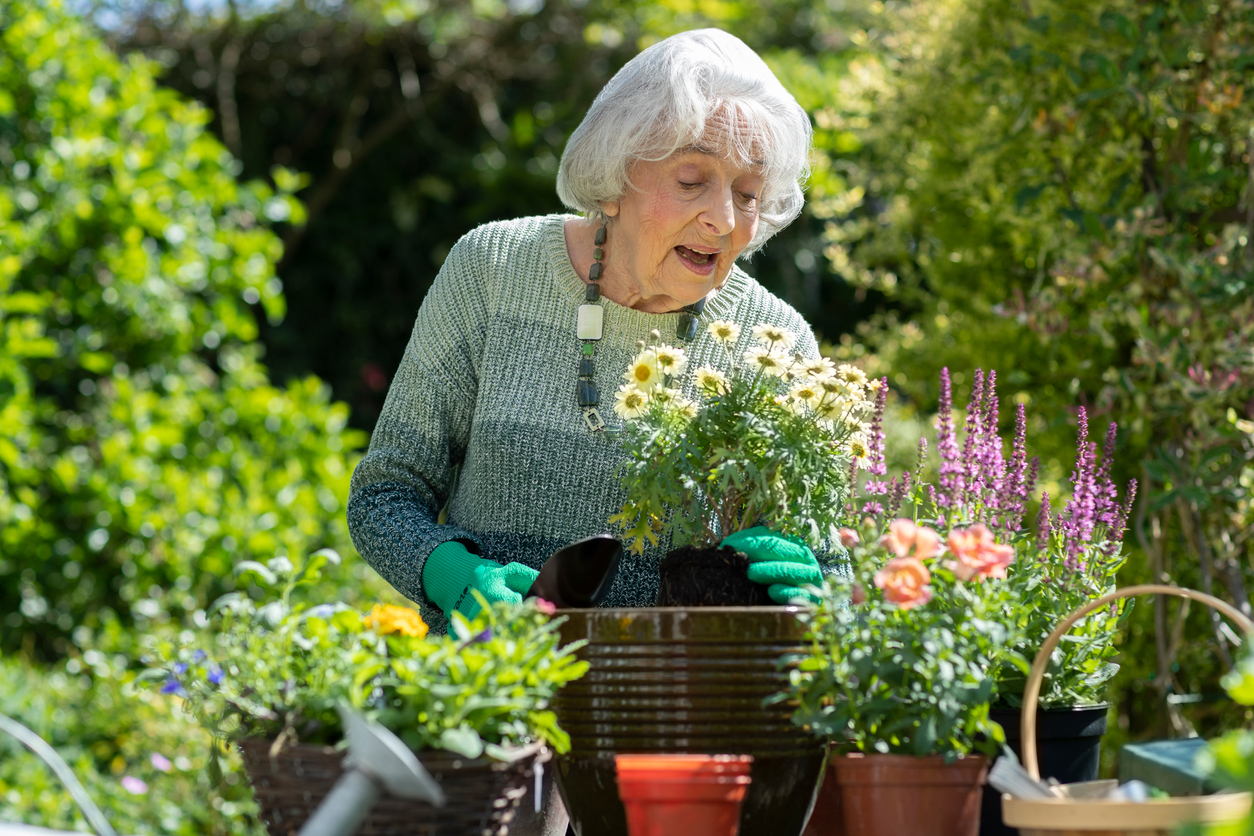What to Do When Your Parent with Dementia Thinks Their Late Spouse is Alive
Caring for a parent who believes their deceased spouse is still alive can be incredibly difficult. It’s an emotional and complex situation that many Caregivers face. In this blog, we’ll explore kind and practical ways to reassure your loved one and navigate these moments with empathy.
Understanding What’s Happening
Supporting a parent with dementia is a deeply emotional journey. Often, they may not fully grasp or accept the reality of their circumstances, and that can be tough to manage—both for them and for you.
Believing that their late spouse is still alive isn’t just confusion; it’s often a reflection of their deep emotional connection and longing for comfort. This isn’t about simply forgetting—it’s about the need for stability and security. Understanding this can help you respond in a way that eases their distress rather than adding to it.
The Challenge of Supporting a Parent with Dementia
For many Caregivers, this experience comes with frustration, helplessness, and guilt. You want to help, but reminding them of the truth often makes things worse. The emotional weight of dementia means that logic alone won’t always work, and what helps one day may not help the next.
Balancing honesty with kindness is key. Instead of focusing on correcting them, it’s often more helpful to focus on reassurance—making them feel safe and supported, rather than distressed and confused.
A Different Approach: What Really Helps?
Pippa, a trainer at Unique Senior Care, emphasises the importance of tailored strategies in dementia care. Rather than relying on conventional approaches that focus on correcting misunderstandings, she encourages Caregivers to use empathy-led techniques to reduce distress.
Unique Senior Care provides support and practical guidance for families facing dementia-related challenges, helping them to find the best ways to manage difficult situations with compassion.


Why Telling the Truth Isn’t Always the Best Approach
Many Caregivers instinctively try to remind their parent of the truth—after all, it seems like the right thing to do. But for someone with dementia, constantly being told that their spouse has passed away can feel like reliving the grief over and over again.
Instead of focusing on correcting them, it helps to focus on what they need emotionally. If a simple reassurance can prevent them from feeling anxious or upset, it’s a far kinder approach than forcing reality upon them when they’re not able to process it.
When Your Parent is Distressed: What Works Best?
Your parent’s belief that their spouse is still alive isn’t just forgetfulness—it’s an emotional response to grief and loss. It can bring up strong feelings, including confusion, anxiety, or even anger. The best way to handle this is to meet them where they are emotionally, rather than trying to change their perception of reality.
Should you remind them or reassure them?
- Reminding them: Can trigger distress, agitation, or confusion.
- Reassuring them: Helps them feel safe, calm, and supported.
- Distraction techniques: Gently steering the conversation to something comforting can ease their anxiety.
Sometimes, a small fib—like saying their spouse has "popped out for a while"—can bring them comfort. It’s not about lying but about preventing unnecessary distress.
Practical Strategies to Make These Moments Easier
If you’re facing this situation, here are a few ways to handle it in a way that prioritises your parent’s emotional well-being:
- Reassure, don’t correct. Instead of saying, “Mum, Dad has passed away,” try something gentler, like, “Dad’s just gone out for a bit.” This keeps them calm and prevents unnecessary distress.
- Use distraction. If your parent is fixated on their spouse’s absence, try gently redirecting their focus. Look through a photo album together, listen to music they love, or start a conversation about something positive.
- Stay calm and patient. Your own emotional state influences theirs. If you stay calm, they’re more likely to feel reassured.
- Seek support. You don’t have to navigate this alone. There are professionals, support groups, and resources—like those from Unique Senior Care—that can help.
FAQs: Common Questions About Supporting a Parent with Dementia
Use clear, simple language and a gentle tone. Avoid overwhelming them with too much information at once. If they say something incorrect, focus on reassurance rather than correction. A kind response like “Dad’s out for a bit” can help keep them calm.
Stay calm and speak softly—your tone can influence their emotions. Try using reassurance, distraction, or a favourite activity to redirect their focus. Avoid arguing or forcing them to accept reality. Simple gestures like holding their hand can also bring comfort.
Yes, memory loss is a key symptom of dementia, and they may forget things moments after being told. Instead of correcting them each time, try to create a reassuring routine. Visual reminders, like calendars or familiar objects, can also help provide a sense of stability.
Caring for a loved one with dementia can be emotionally draining, so it’s important to seek support. Caregiver groups, dementia organisations, and home care providers like Unique Senior Care can offer guidance, respite care, and emotional support. You don’t have to do this alone.
For more tips and advice, visit our Learning Centre, where you’ll find expert guidance on navigating dementia care.
Discover More Support & Information For Your Care Journey
Visit our Learning Centre for expert articles, helpful videos, in-depth guides, and answers to common questions - helping you make informed care decisions with confidence.
Explore NowJayne is a highly experienced dementia care specialist with over 17 years in the field. She began her career in 2004, progressing through roles such as hourly visiting carer, coordinator in the live-in care department, and lead dementia trainer. Jayne completed Specialist Practice in Dementia (Mental Health) at Worcester University and has developed bespoke dementia training for managers, carers, and family members.
Recognised for her contributions, Jayne received the National Dementia Care Personality award at the Great British Care Awards 2012. She has also been a speaker at numerous conferences and reviewed dementia-related publications.
Now with Unique Senior Care, Jayne works as a recruitment consultant, recruiting carers both in the UK and overseas, contributing to dementia training for both staff and families. Jayne’s dedication to compassionate, person-centred dementia care is evident in her extensive experience and numerous achievements.


